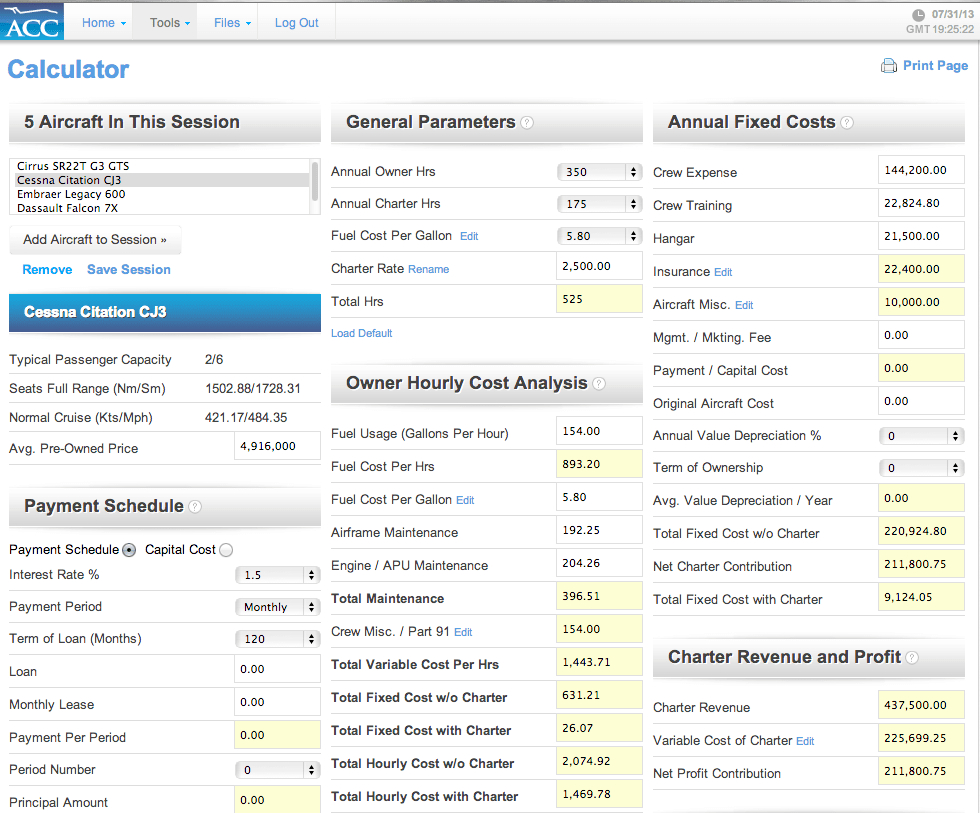
The cost of hiring an accountant varies, depending on your company’s needs and the accountant’s expertise and certification. If hiring an account is beyond your budget, consider using an accounting software instead. For more information, check out the best online bookkeeping services for small businesses. The different states charge varying levels of CPA licensing fees.
- Furthermore, a degree in business could also help you to meet the eligibility criteria.
- And our candidate must take the California Professional Ethics Exam (PETH) and pass with a score of 90% or better.
- If you have investments, own a rental property, or have significant itemized deductions the average costs can vary more widely.
- CPA Ethics Exam Fee can be anywhere from $150 – $250, depending on the state.
- Consumers will typically hire certified public accountants because they value the additional education and insight that the CPA title is supposed to lend to professionals.
Holiday Sale – $1,350 Off Surgent CPA Ultimate Pass

Having everything centralized in TaxDome helps us, and it helps the client. There is also free accounting software with unlimited invoicing and mileage tracking features. With these accounting software platforms, you can handle your accounting activities yourself. You’ll need to pay higher rates for these accreditations since they portray credibility.
CPA Review Course
As we’ve shown above, many aspects can influence the final bill for CPA services. So here, we’ll look at the range of fees that you may pay for different situations, and we’ll start with individual tax preparation. It comes as how much does a cpa cost no surprise that the complexity of your tax situation will affect the fees.
- CPA costs can also vary depending on the industry you operate in or the size of your business.
- The more complicated your tax situation becomes, the more likely you’ll benefit from hiring a CPA.
- Some CPA firms may charge a retainer fee, while others may bill on an hourly or project basis.
- But you do have a choice as to how to approach it and what methods you want to use.
- Once you pass the CPA Exam, there are a few more requirements needed to obtain a CPA license.
- You can check your state’s fee through the National Association of State Boards of Accountancy’s (NASBA) website.
Strategies for Minimizing CPA Expenses
In this article, we want to explore ways to get your taxes prepared. In this case, you’d be paying your provider $1,728 for the year, but they’d generate $106,000 of additional capital. In this situation, the return on your CPA would be well worth the investment. If you’re about to make a change that might significantly impact your tax and financial situation, it’s best to talk to a CPA first.
- You may have to complete an in person interview with the board.
- Bench simplifies your small business accounting by combining intuitive software that automates the busywork with real, professional human support.
- After you pass the PETH, our candidate will have to pay a $250 application fee and spend about $65 to get fingerprints taken and notarized.
- If hiring an account is beyond your budget, consider using an accounting software instead.
- Though these resources can vary in cost, it’s important for CPA candidates to consider their individual needs and learning preferences when deciding on which resources to invest in.
- However, if you have 3 business entities and four rental properties in separate states, you’ll likely need to hire a tax preparer.
- The Notice To Schedule (NTS) that you receive after paying your fees is valid only for six months.
Bear in mind that 52.6% of accounting practices are paperless, so you can work with CPAs remotely, and share any relevant docs via email or online folders. Accounts payable tells you exactly which suppliers you owe money to, and how much. If you’re on a budget (and what small business owner isn’t?), here are some things you can do to make working with a CPA more affordable. Get free guides, articles, tools and calculators to help you navigate the financial side of your business with ease.
These include balance sheets, income statements, and cash flow reports. With their extensive expertise, CPAs offer a broader range of services than regular accountants. In addition to day-to-day accounting tasks, they can handle more complex and specialized work. In this section, we’ll highlight some areas where CPAs tend to focus. The certified public accountant certification isn’t the most expensive accounting certification if you look at all credentials including the ones in the financial world. This includes a study book and all fees required to take the exam.

CPA Hourly Rates

You might also like our articles about the cost of a forensic accountant, Bookstime family lawyer, or setting up an LLC. Share a few details including business type, EIN and industry. While there are some basic financial tasks you can handle yourself, there are others that it’s best to leave to a professional. If your business is relatively small (or more of a side hustle), you may be able to handle your accounting on your own.


While hiring cash flow a CPA provides invaluable skills, it also carries costs. While rates vary greatly according to the services rendered, Thumbtack estimates that average monthly accounting fees can range between $75 to $175 per month. Keep in mind that professionals hired by companies such as H&R Block or Liberty Tax Service are not always licensed CPAs and may not have extensive accounting backgrounds.




